
Chinese Rules
Mao’s Dog, Deng’s Cat, and Five Timeless Lessons from the Front Lines in China
ISBN: 9780062316578
Pages: 256
Recommendation
Forget the Wild West: When it comes to seat-of-the-pants business, China is like no place else. British consultant Tim Clissold, an expert Middle Kingdom hand, found that doing carbon-credit swaps with factories in remote regions taxed even his 20-year knowledge of China. Amid all the corporate derring-do, Clissold uses his business experience and his understanding of the country’s history and culture to derive five principles for doing business with the Chinese. He buttresses these axioms with sections about history detailing an 18th-century clash of cultures between imperial China and Georgian Britain, the Taiping Rebellion, and the careers of Mao Zedong and Deng Xiaoping. Clissold describes maddening but funny incidents. His business-saga-meets-national-quirks exposition, while easy to read, offers insight into an enormously complex country. getAbstract recommends his business war story and cultural exploration to entrepreneurs, bankers, historians, climate-change professionals and anyone who wants to understand China better. Clissold’s five axioms seem simple at first – but like the wisdom of China’s sages, they turn out to be practical and profound.
Summary
About the Author
Tim Clissold is CEO of Peony Capital LP, a Beijing firm that invests in projects that reduce greenhouse gas emissions. His first book, Mr. China, was an Economist Book of the Year.









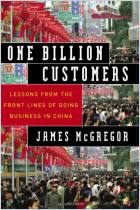
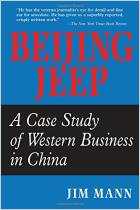
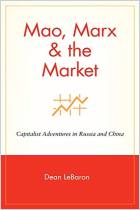
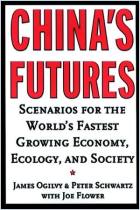
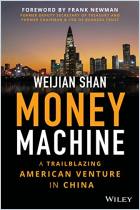
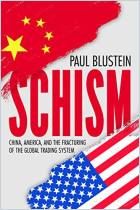





Comment on this summary or 开始讨论